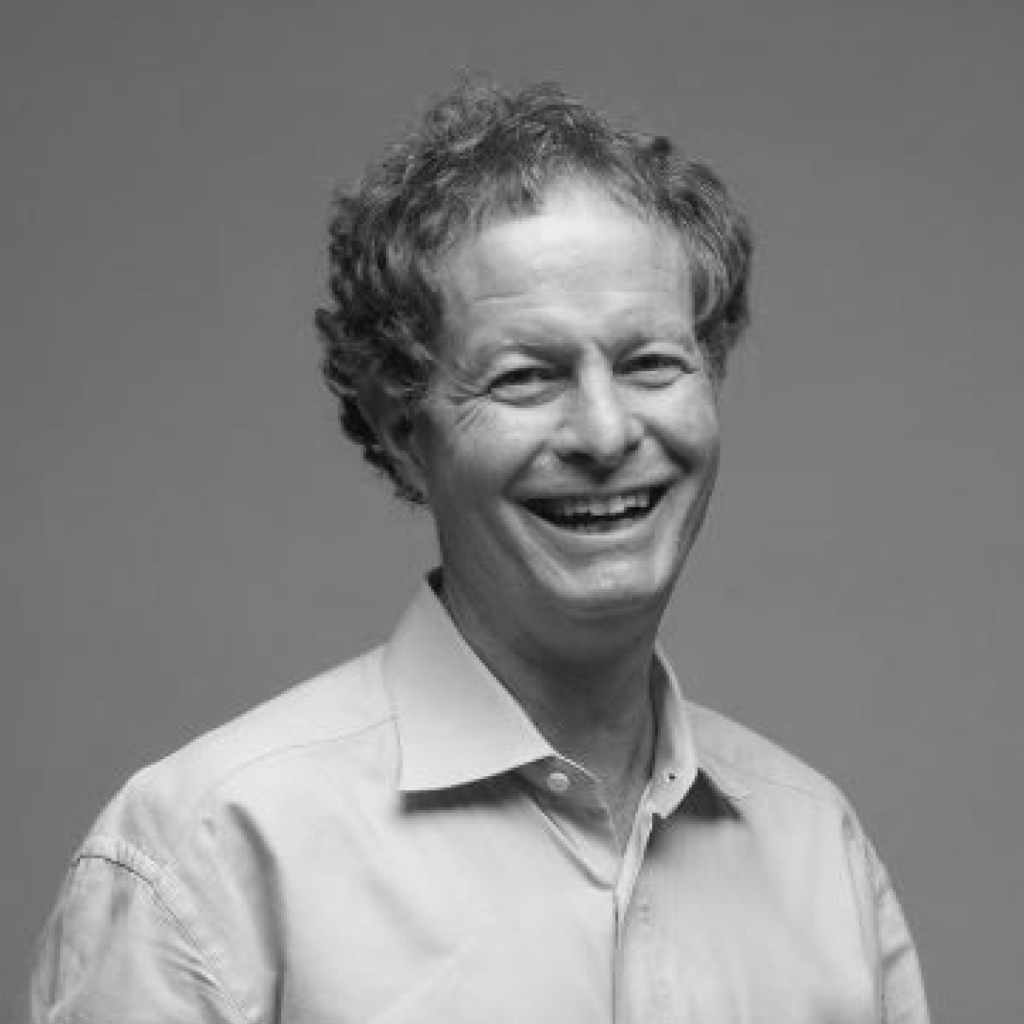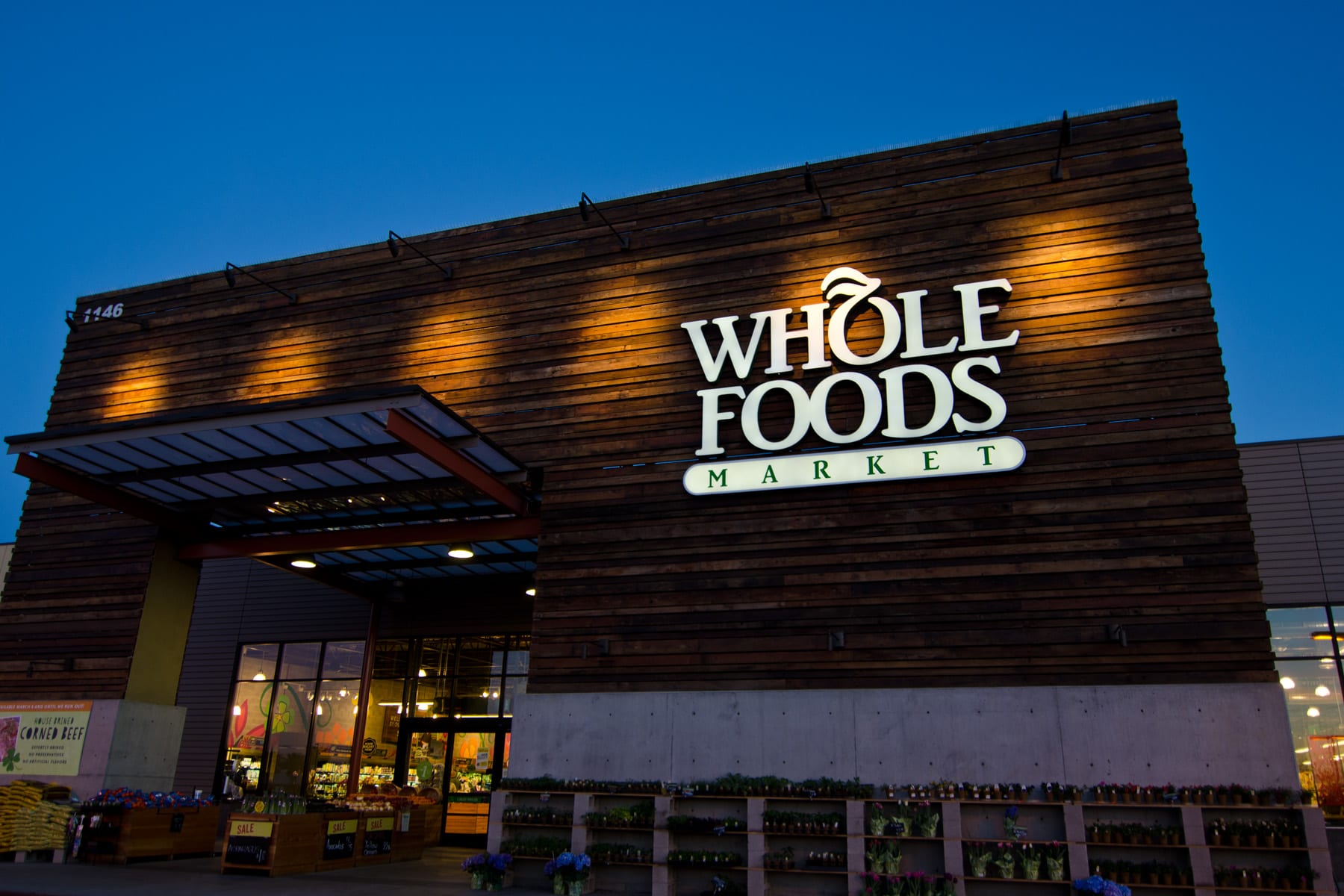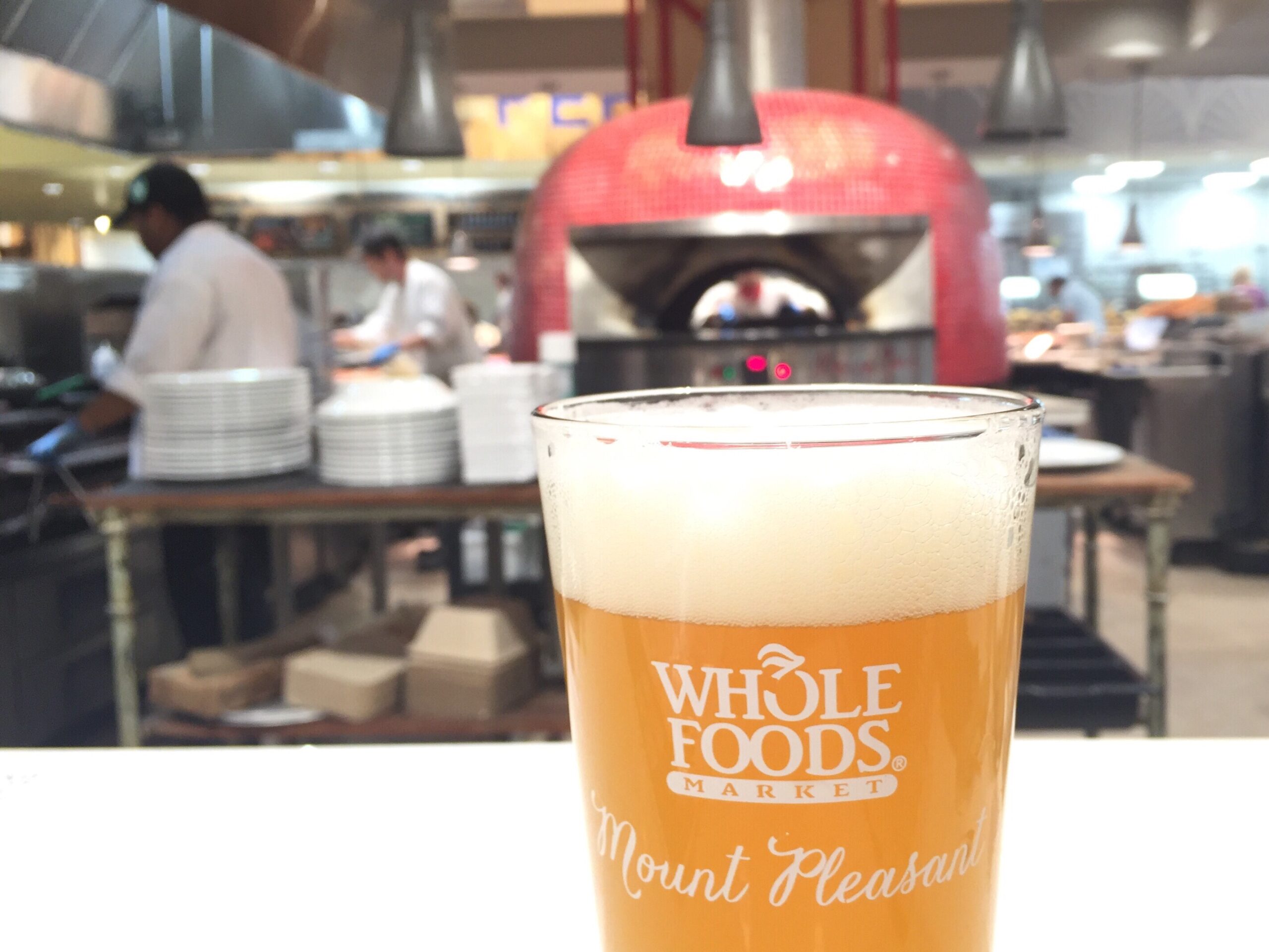Q&A
John Mackey, Founder and CEO, Whole Foods
John Mackey, Founder and CEO, Whole Foods
Business, and capitalism in general, are both good. They have both really helped humanity. But they could be a lot better if we were more conscious. Generally what people say about business is that the purpose of business is to make a profit. But if you think about – if you become more conscious about it – that’s really not a very good answer. What’s the purpose of a doctor? They make a lot of money, but their purpose isn’t to make money; their purpose is to help heal people. Teachers educate people. Architects design buildings. Engineers construct things. If you think about it, all the professions refer back to some type of value creation that they’re doing to serve other people.
Business is all about value creation. Its profits are a by-product of value creation for other people. So the purpose of business is not really to make money. It’s like the analogy that Milton Friedman, the founder of stakeholder theory, uses, which is that my body produces red blood cells. And if it stopped producing red blood cells, I’d die. But it doesn’t follow that just because I must make red blood cells in order to exist, the purpose of my life is to produce red blood cells. No, I have a more transcendent purpose than that. Similarly, all businesses need to make a profit or they’ll die. That’s just simple economic fact – if you make no profit, you will fail eventually in business. But it doesn’t mean that’s why the business exists – the business exists to create value for other people. That value creation is where their higher purpose can be discovered. But it will only be discovered if we become more conscious – if we become more aware of what business is doing and why it’s doing it.


The shadow is a very good metaphor, particularly when we’re talking about conscious capitalism, because the shadow is the part that’s not conscious, the shadow in ourselves, or parts of our own self, that we may not like or may be afraid of. But we are largely blind to it; we don’t see it. Others see our shadow. And if we have people that really care about us they will gently point out to us when our shadow takes over, so to speak.
I’ll give you one example of the shadow side of Whole Foods. 18 years ago, at the annual meeting of Whole Foods Market in Santa Monica, California, we got picketed by animal rights activists who accused us of selling factory-farmed meat. At that time I was very upset. Back in 2003 I thought Whole Foods was doing a lot more than any other company. ‘Why are you blaming us?’ I thought. ‘Why aren’t you picking on Walmart, Kroger or Safeway? Why are you picking on Whole Foods? We care more about animals than anybody else!’ After I talked to the activists, they said: ‘Well, we actually figured Whole Foods will listen. Of all people we thought you might listen.’
This was a shadow side of Whole Foods. One activist challenged me. She said: ‘Mr. Mackey, I can see that you’re a very idealistic man. But when it comes to what’s really happening to livestock animals, you’re pretty ignorant about it. And you ought to educate yourself better.’ And I did. That summer of 2003, I read about a dozen books on livestock practices in the United States. And I was horrified. By the end of the summer, I decided that she was right, I was wrong. I decided to become a plantbased vegan, on ethical grounds, because I just didn’t want to do harm to animals any longer.
And that’s also when I began our pledge that Whole Foods Market would begin to become more conscious about our animal welfare practices.

Whole Foods is continually trying to evolve the quality of its food. And fortunately for us, there’s a new crop of entrepreneurs – the millennial generation, in particular, that’s now grown up and is moving into more leadership positions around the country in the world are very conscious of environmental integrity and sustainability. As they work their way through the culture they are pushing corporations, including people within Whole Foods, as well as our customers, to become more environmentally sustainable in many different ways, from food waste to emissions of all types, to just lowering the impact that we have on the environment and doing it in a more conscious way.
This is an area that’s going to continue to grow and we’ll continue to try to improve in. It’s also something I know Amazon is passionate about. I do think it’ll be very different in five or ten years from now. In terms of the quality of products, there are so many entrepreneurs who are inventing and changing whole new categories of foods. But in terms of health, the biggest challenge we still have in America now is that we’re 70% overweight and 42.5% obese. This is a huge challenge. We are somewhat captive to our genes; when we evolved food was very scarce, and starvation was our biggest genetic problem for most of that time, so we really like calorie-dense foods, we like foods that have a lot of fat, a lot of sugar, a lot of salt.
And, frankly, we are addicted to those foods. We can eat them three times a day – and too many of us do – and we’re paying the price with obesity and the consequent health issues. It’s not just the next big thing for Whole Foods. It’s the ongoing challenge of our culture – we have to evolve past this food addiction, we have to become more conscious. Obesity is a shadow side of America. It needs to come out of the shadow, and we have to be conscious in changing the way we eat. Otherwise, we’re just going to kill ourselves. You have to understand this is not a trend that stopping, it’s getting worse every year. We’re fatter than we were the year before, collectively. We have to make a conscious decision to choose differently. And we can. You can change the way you eat, you can become more conscious of it. So if you ask me what’s next I’d say that whole fitness challenge.